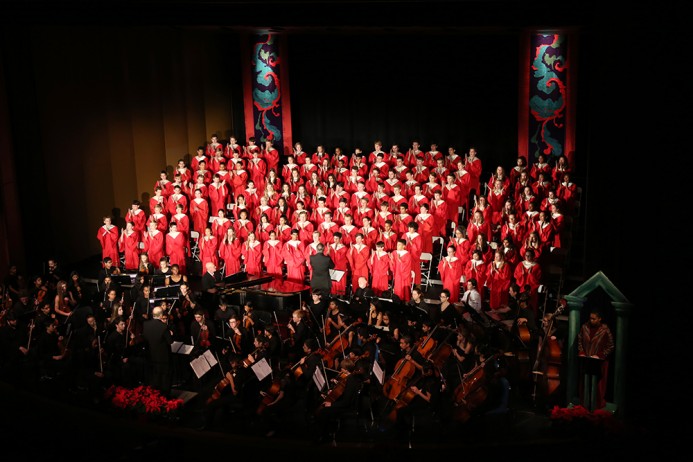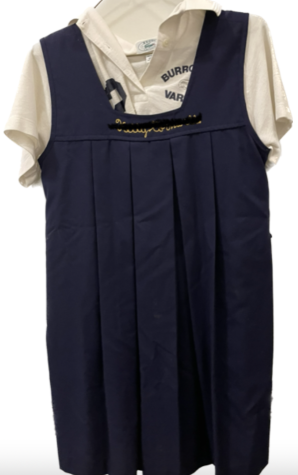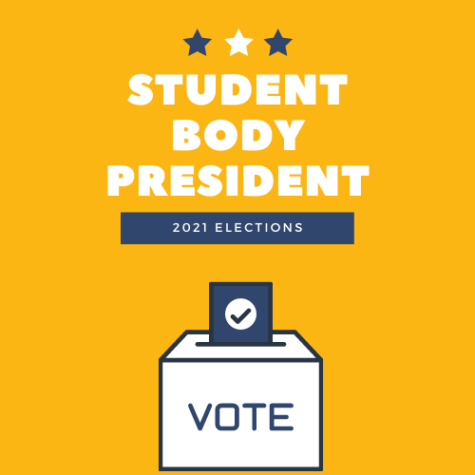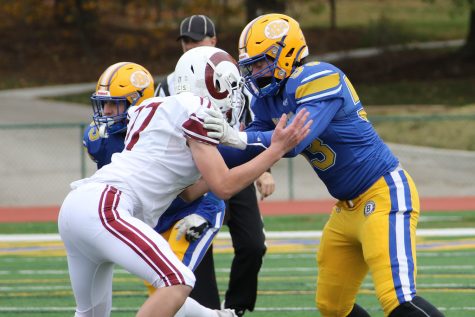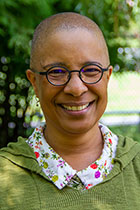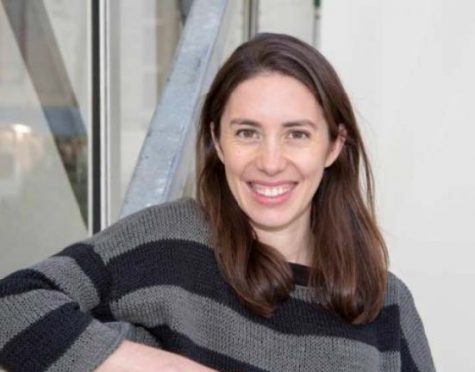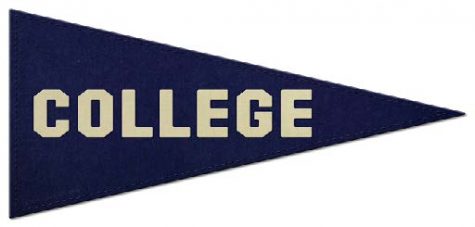Inside the Evolution of the Holiday Program
December 20, 2018
In recent years, the controversy surrounding the annual Holiday Program has become a highly-debated topic within the JBS community. The question of why a non-sectarian school would have a Christian-centered holiday program addresses tradition, inclusivity, and change. Members of the JBS community harbor opinions that are caught between their personal experiences and the politics behind the issue at hand.
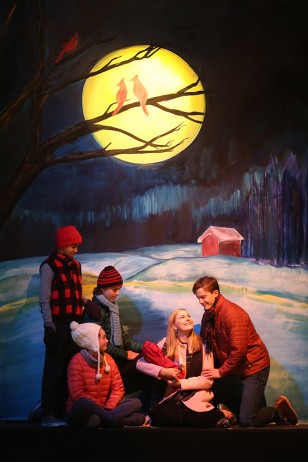 As one of the longest-standing Burroughs traditions, the holiday program has been evolving since its creation. The very first holiday celebration at Burroughs took place in the dining room just a few months after the school opened its doors in 1923. Students gathered to sing carols and collect toys for the needy. According to Martin Perry’s History of Burroughs, “It was a simple ceremony…. For years it remained quite a simple occasion which centered around a crèche.”
As one of the longest-standing Burroughs traditions, the holiday program has been evolving since its creation. The very first holiday celebration at Burroughs took place in the dining room just a few months after the school opened its doors in 1923. Students gathered to sing carols and collect toys for the needy. According to Martin Perry’s History of Burroughs, “It was a simple ceremony…. For years it remained quite a simple occasion which centered around a crèche.”
Naturally, the program grew increasingly extravagant in terms of production over the years, while still clinging to the tradition of Christian-oriented content. Only in the past 30 years has the program slowly begun to move away from the strict Christian tradition it once embodied.
Beginning in the early nineties, students were no longer required to participate in the “Christmas Pageant,” as it was then called. Attendance at the performance was made optional, and many biblical verses were replaced with readings from authors like John Burroughs and William Wordsworth. “It was a much more overreaching thing,” said John Pierson, Burroughs’ theater director, recalling his first years at JBS, beginning in 1993. “It was certainly deliberately a Christian celebration.”
Issues surrounding the holiday program were further addressed in the fall of 2002. That year, the Board of Trustees created a religious diversity subcommittee, which concluded the following: “Despite the artistic beauty and unquestionable traditional significance of the program compounds, their continued inclusion was not consistent with a non-sectarian school committed to ensuring that all members feel equally regarded.” However, after spending hours discussing the program with faculty, students, and the committee, the Board ultimately decided to take no action.
Clearly, the decision was not maintained as time progressed. The past few years at Burroughs have brought changes to the holiday program that aim to make it more inclusive. For example, the songs “Oh, What a Wonderful Child” and “I Saw Three Ships,” which had been on the program for decades, are now no longer being performed. These and other more overtly Christian songs have been replaced with non-secular music, like “Bridge Over Troubled Water” and “Imagine.”
Making these changes has been a difficult task. Pierson said, “There is a comfort and strength in that which is familiar. So how do we keep working to maintain that, while also making people who’ve never seen the program before feel welcome? And most importantly, to have everyone come away and say: that was some beautiful music, art, and spoken word.”
The talk of changing such a beloved program has sparked much discussion in the Burroughs community. A few weeks ago in assembly, Pierson addressed the controversy head-on: “Change is continual. Change is necessary. But change is hard, particularly with something like this program. The community’s feelings about it were strong and divided when I first came to Burroughs. And they remain, just as feelings about nearly everything in America in 2018, strong and divided.”
Will the entire community ever truly be satisfied with the status of holiday program? Probably not. However, even in the face of all the changes, the holiday program remains a beloved event that fills Haertter Hall year after year.
